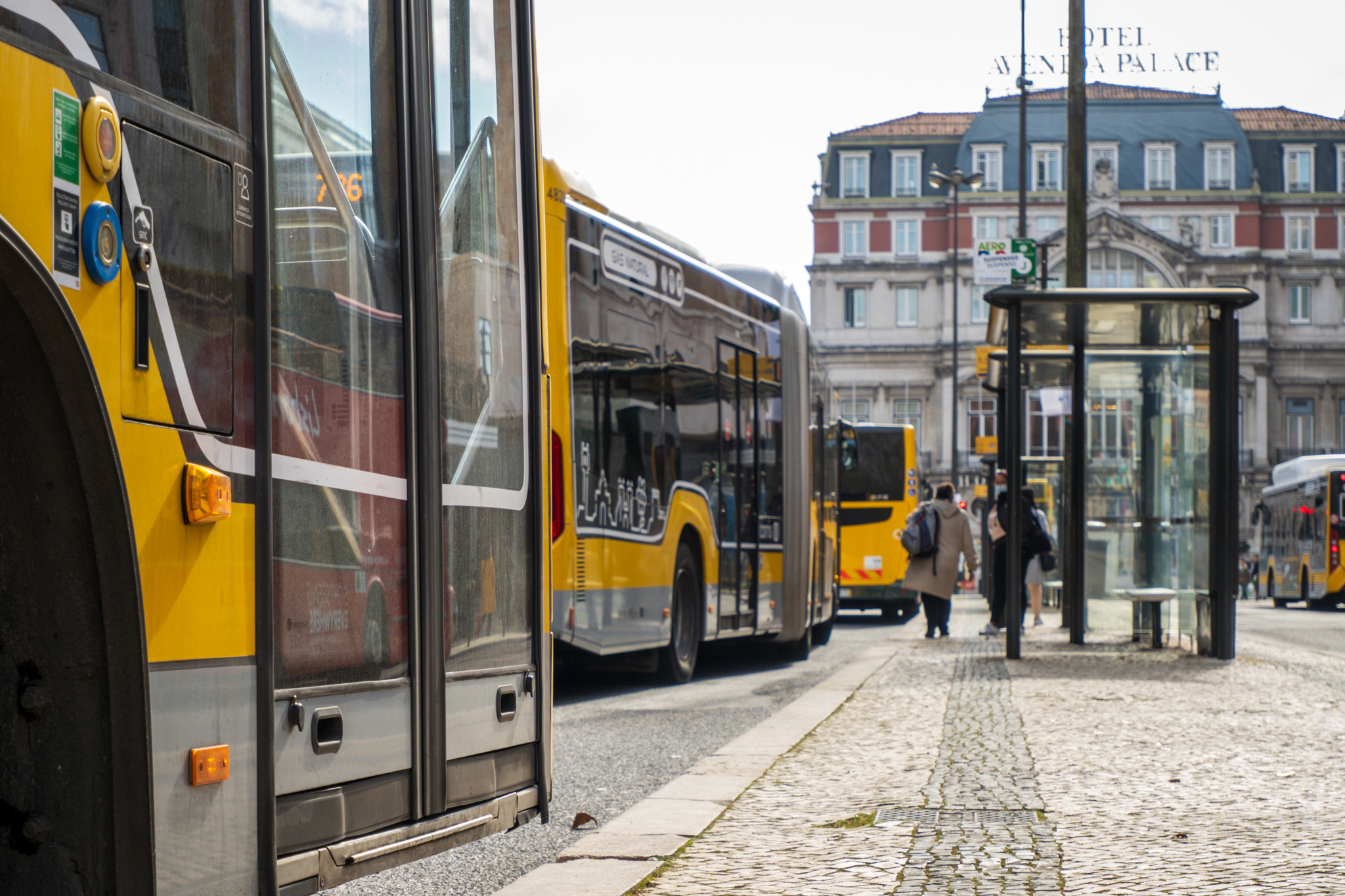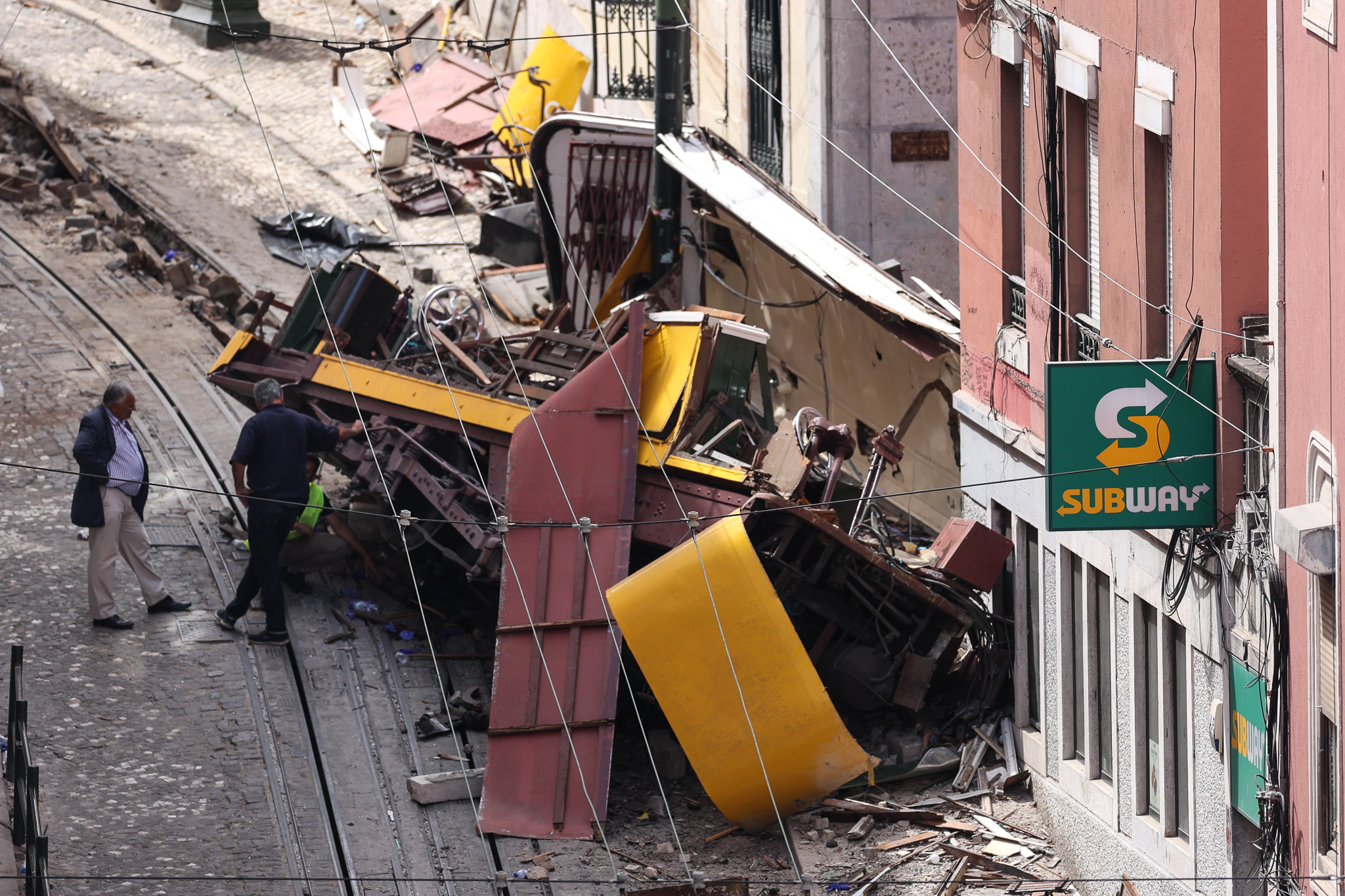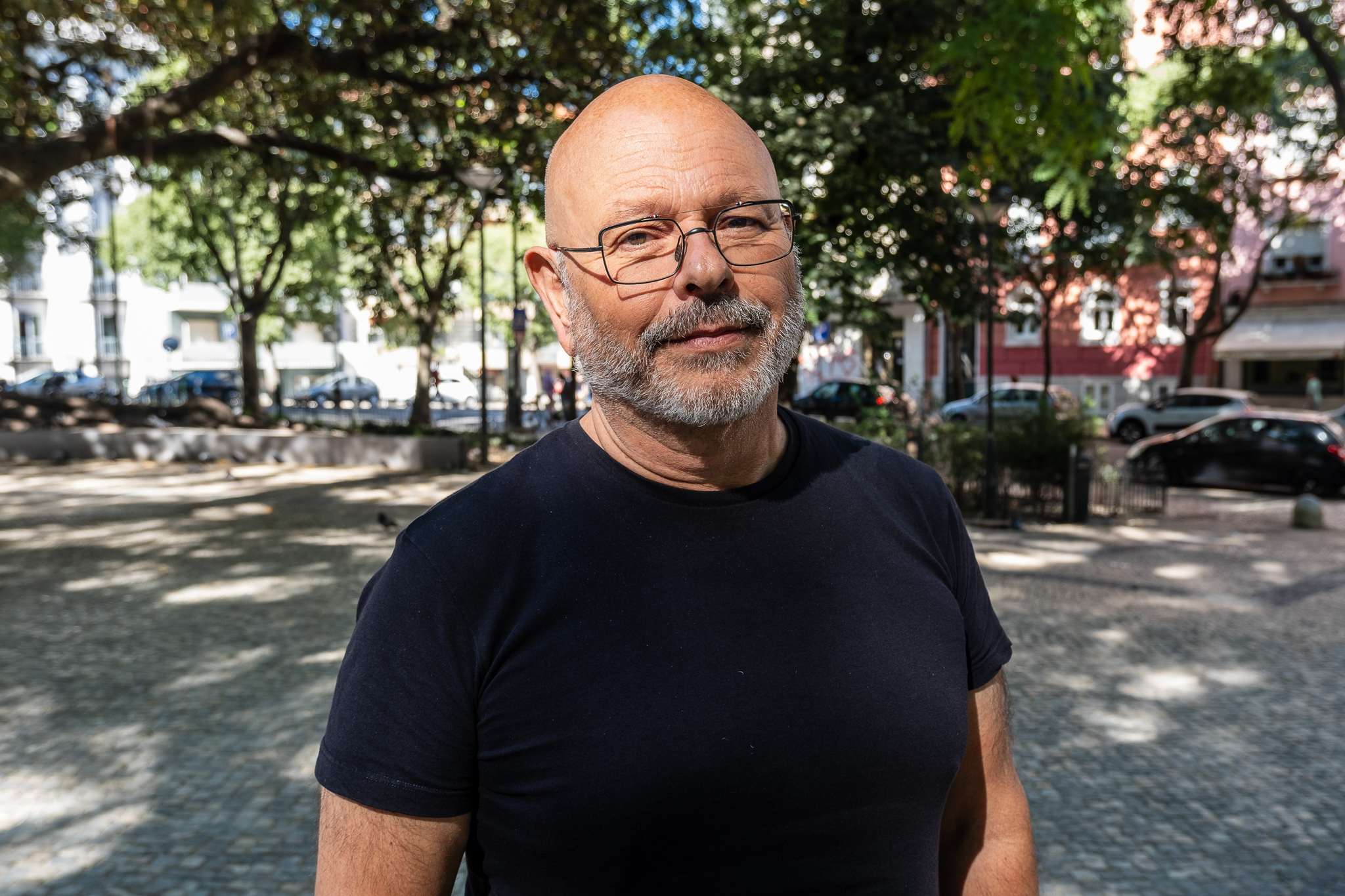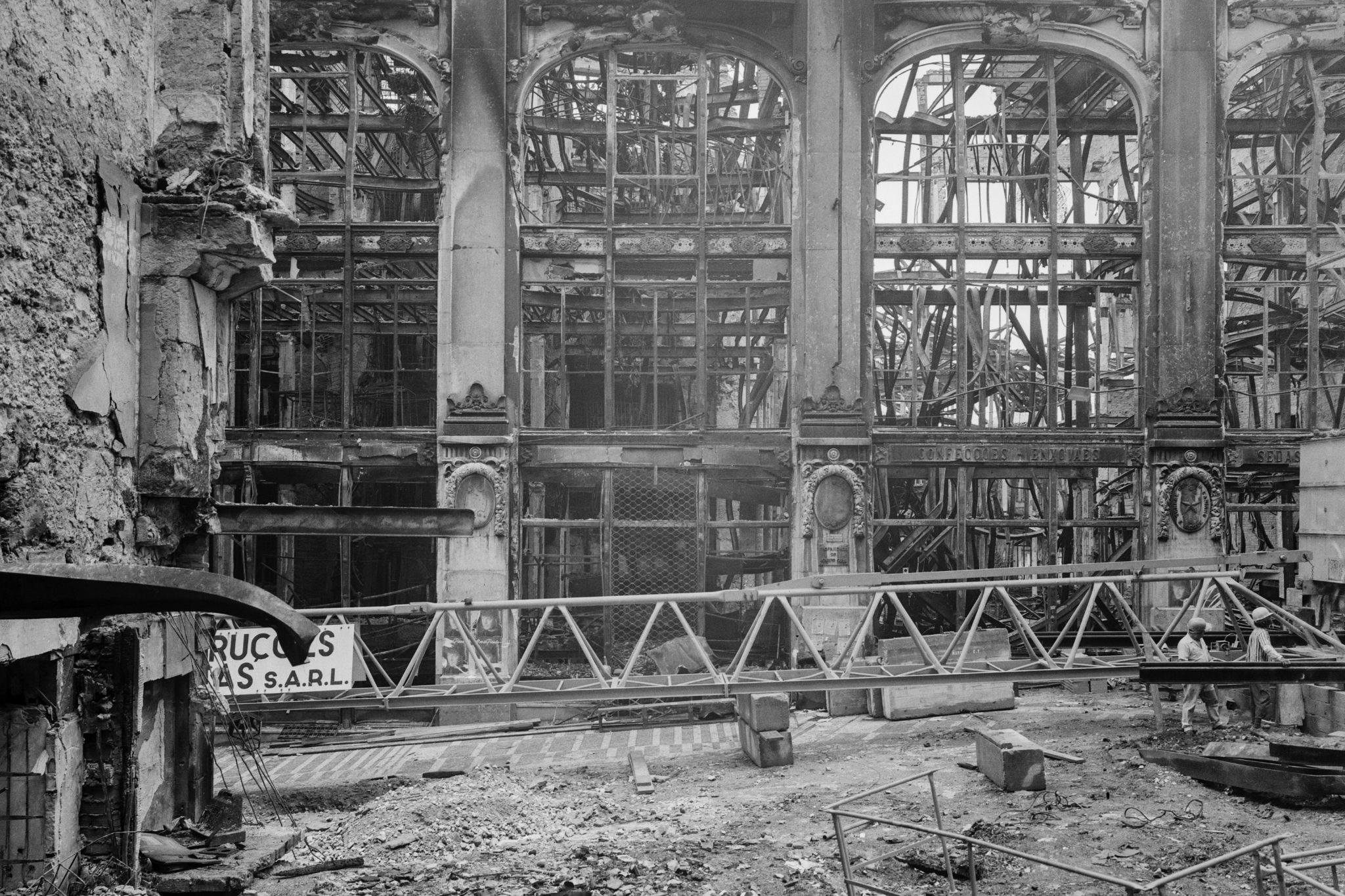AMOLIS was born, an association that brings together the Lisbon Metro, TTSL, CP, the owner of Fertagus, Carris, TST and even Rodoviária de Lisboa.

Mobility is multimodal - a passenger can combine different means of transport to reach his or her destination - so it is important that the companies that operate these different means communicate with each other. It was with this objective that the Lisbon Metro, TTSL (Transtejo Soflusa), CP, Barraqueiro - owner of Fertagus -, Carris, TST and even Rodoviária de Lisboa (RL) got together to form a new association, AMOLIS.
"This is an important milestone in the history of these companies coming together formally for the benefit of their customers and the resulting improvement in the quality of service provided." In a press release, it is further explained that the AMOLIS is a "private non-profit association, which is constituted as a platform for communication and technical, technological and functional sharing among its associates, which are collective passenger transport operators in the Lisbon Metropolitan Area".
"AMOLIS may act in its own interest or according to the collective interests of its seven associated members, before other public or private entities of interest to the sector. It may also act as a point of contact of the associates with third parties, namely, public transport operators, integrators and other agents of the mobility area, as well as associate itself with other similar associations, national or international, creating synergies and exchanges of experiences"furthermore, it is reported.
Is AMOLIS just another association?
Metro, Carris, Fertagus, TTSL, TST and RL, which have now decided create AMOLIS, were already part of another association, Transpolis, formed in 2018. This body also includes EMEL, TCB (Transportes Colectivos do Barreiro), MTS (Metro Sul do Tejo), Vimeca, as well as ANA - Aeroportos de Portugal, Instituto da Mobilidade e dos Transportes (IMT), and the municipalities of Almada, Barreiro and Lisbon.
According to the site itself, Transpolis is looking for "to enhance the synergies generated by the common work between associates and entities providing mobility services"promote a "multimodal, door-to-door commuting strategy that integrates information from all public passenger transport"including bicycles and the airline industry, or "explore and manage a multimodal travel information system" with "technologically advanced solutions". Transpolis' most visible project is the application Lisbon Travelwhich provides routes and timetables in a panoply of public transportation in the Lisbon Metropolitan Area - information that is often not available on Google Maps.
Lisboa Para Pessoas asked the newly created AMOLIS about a possible articulation with TML and Transpolis. In response, AMOLIS' source said that the new association has a "wider area of intervention" than Transpolis, which is more focused on technological and informative solutions for multimodality in transportand that "AMOLIS' intervention will be articulated with Transporlis, whenever the two associations so decide, with a view to improving the quality of the service provided (or to be provided)". AMOLIS asserts itself above all as a "platform for communication and experience sharing among its members" in order to "a better integration between the different operators, based on a systemic and intermodal perspective"..
On the other hand, part of the activity and purpose of Transpolis is confused with the scope of Transportes Metropolitanos de Lisboa (TML). This company, which is part of Área Metropolitana de Lisboa (AML) and supervised by it, was created in 2020 to manage ticketing on a metropolitan level - TML is responsible for the brand Navigatorfor example - and also the operation of the future Metropolitan Railway. But the TML could be the central transportation authority for the 18 municipalities that make up the AML, living up to its name - TML could enhance synergies between the different operators, focusing efforts and resources on the development of communication solutions and passenger relations. TML could perfectly integrate Transpolis and projects such as the Lisboa Viagem application, relaunching it under the Navegante brand and integrating the missing operators who are not part of that association.
Since the TML "centralizes the responsibility for the management of the public transport service of the Lisbon Metropolitan Area"AMOLIS can articulate with this entityfor example, in the implementation of "new accessibility and mobility policies in public passenger transport operators, reinforcing a systemic and intermodal perspective". AMOLIS believes that this "new systemic and intermodal approach" will contribute to "an improvement in the quality and attractiveness of public transportation".








